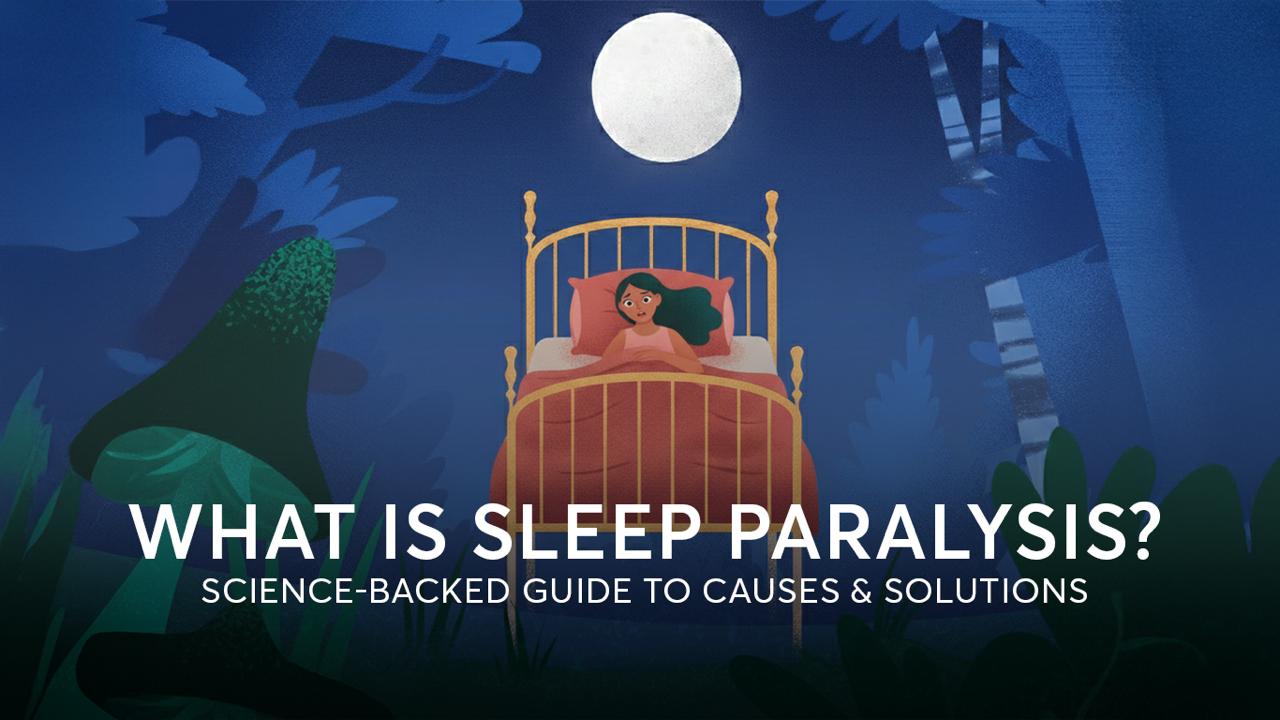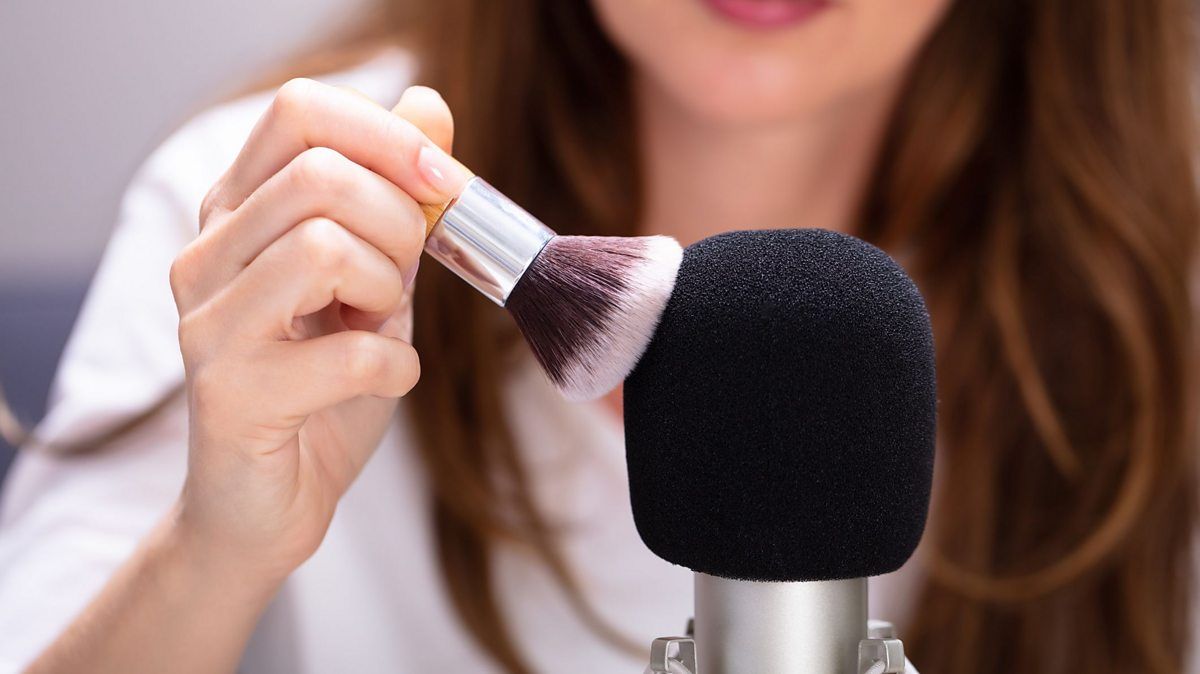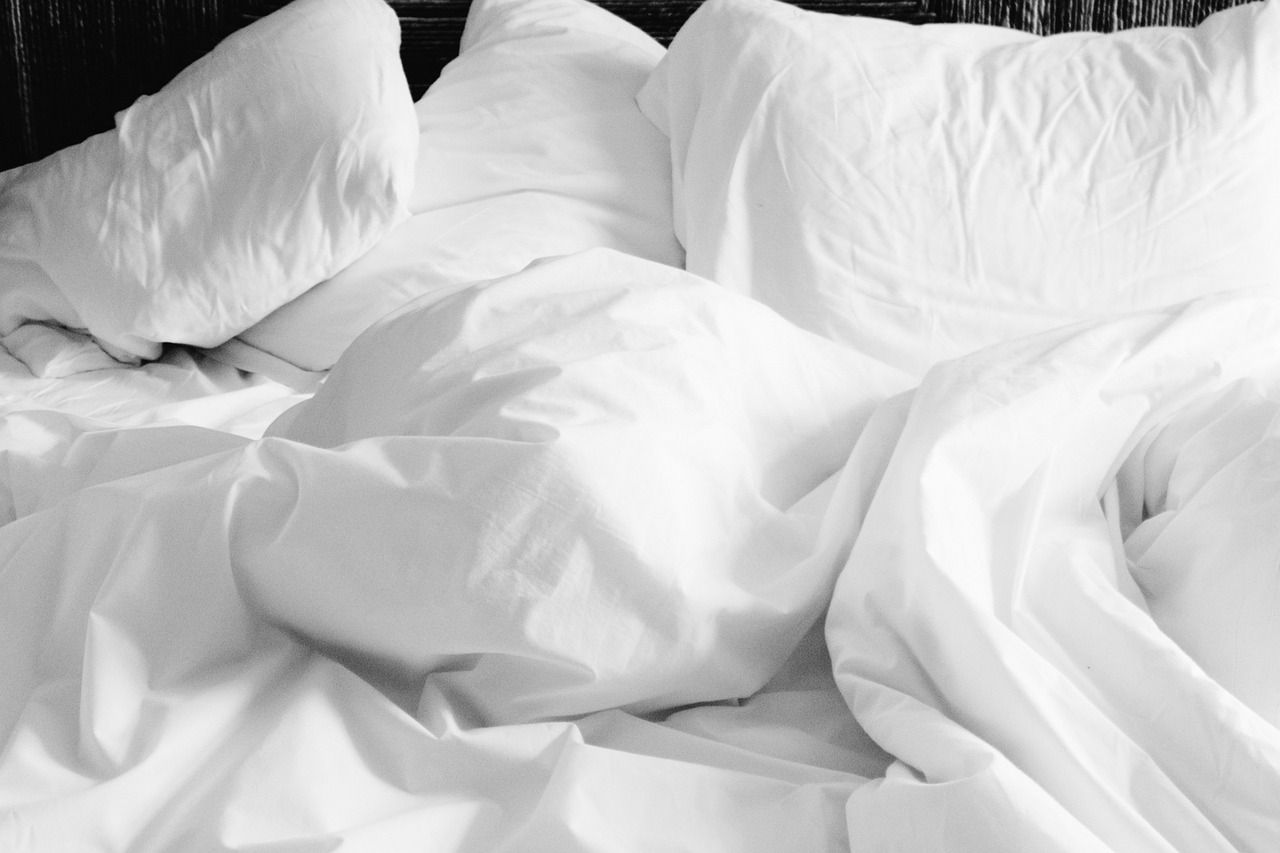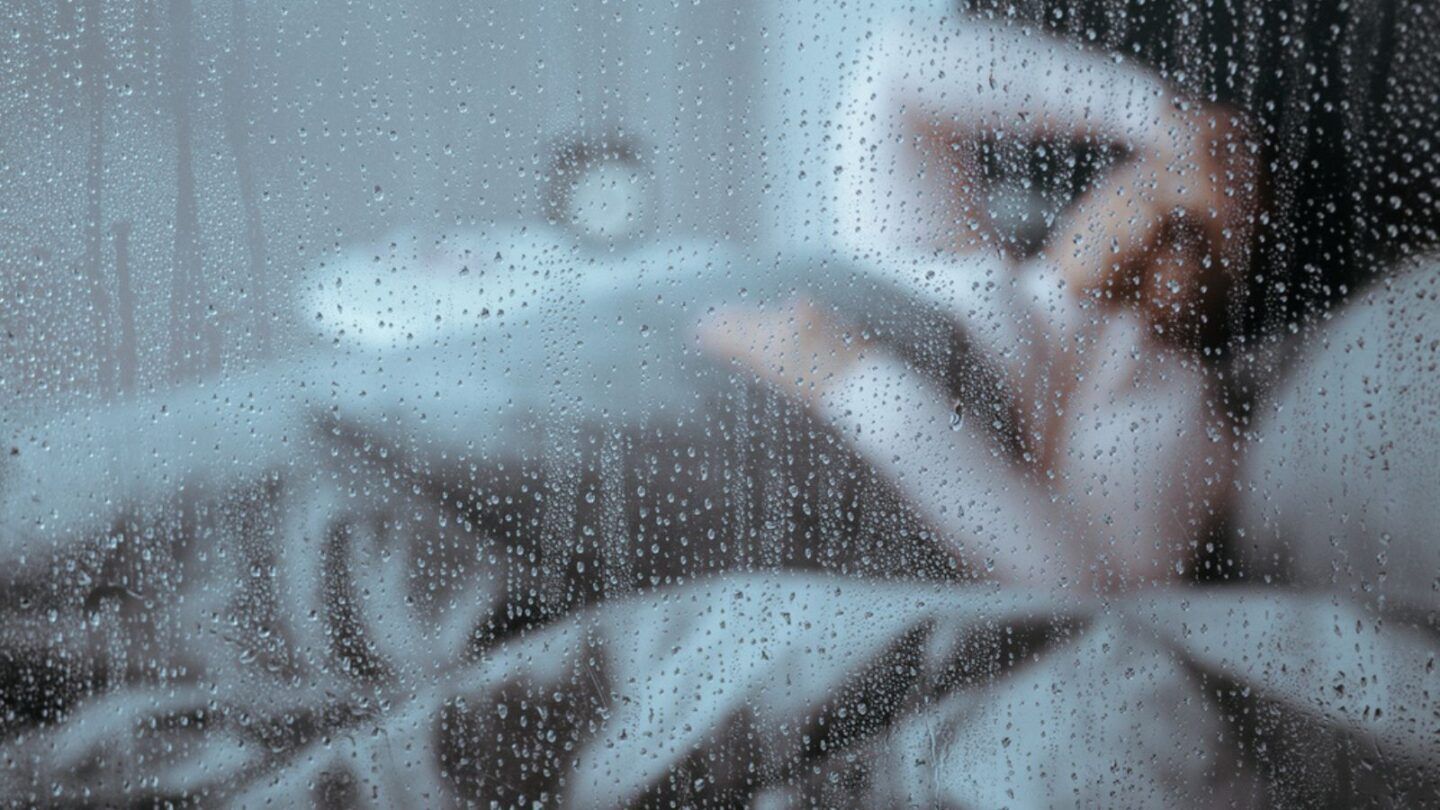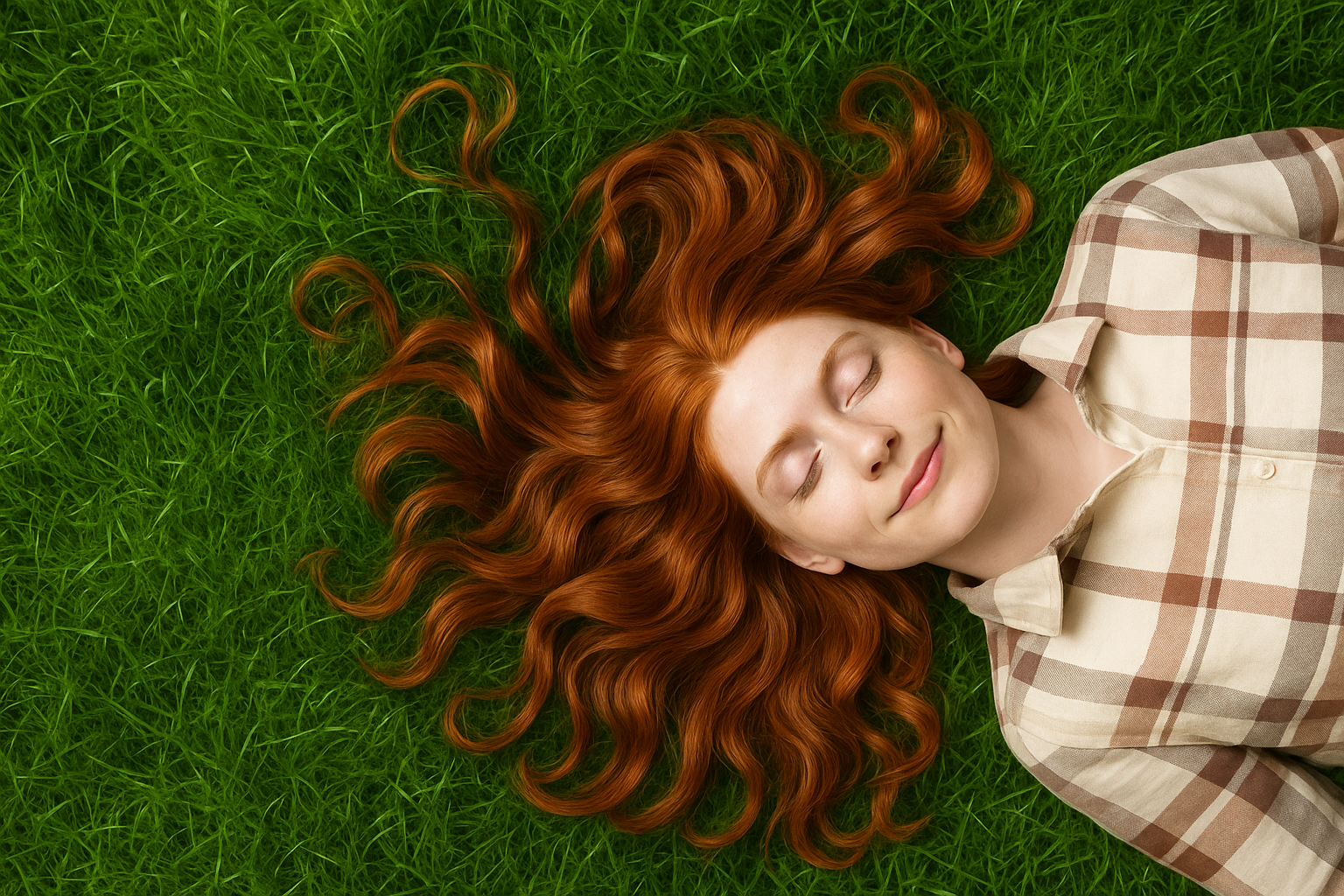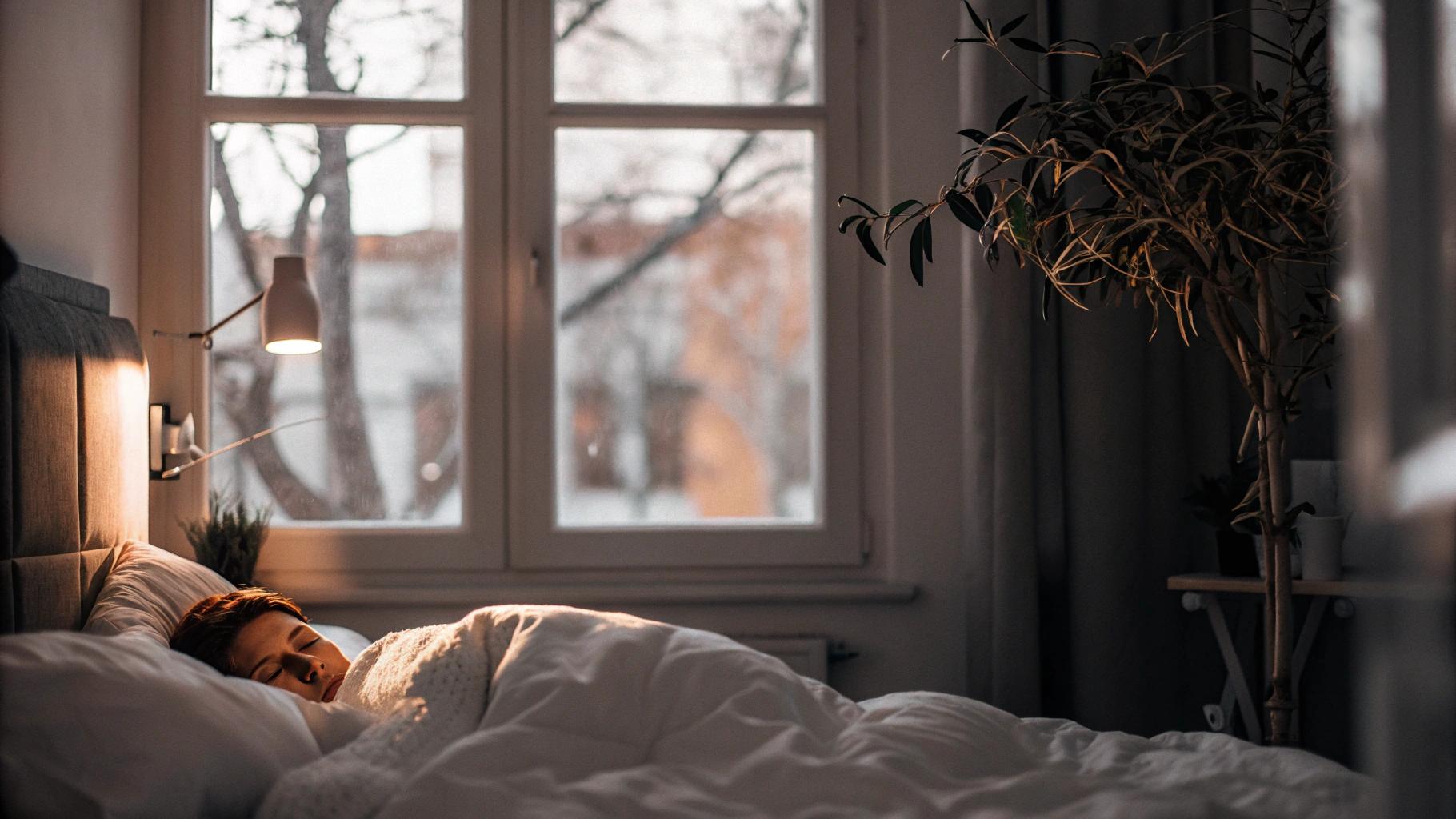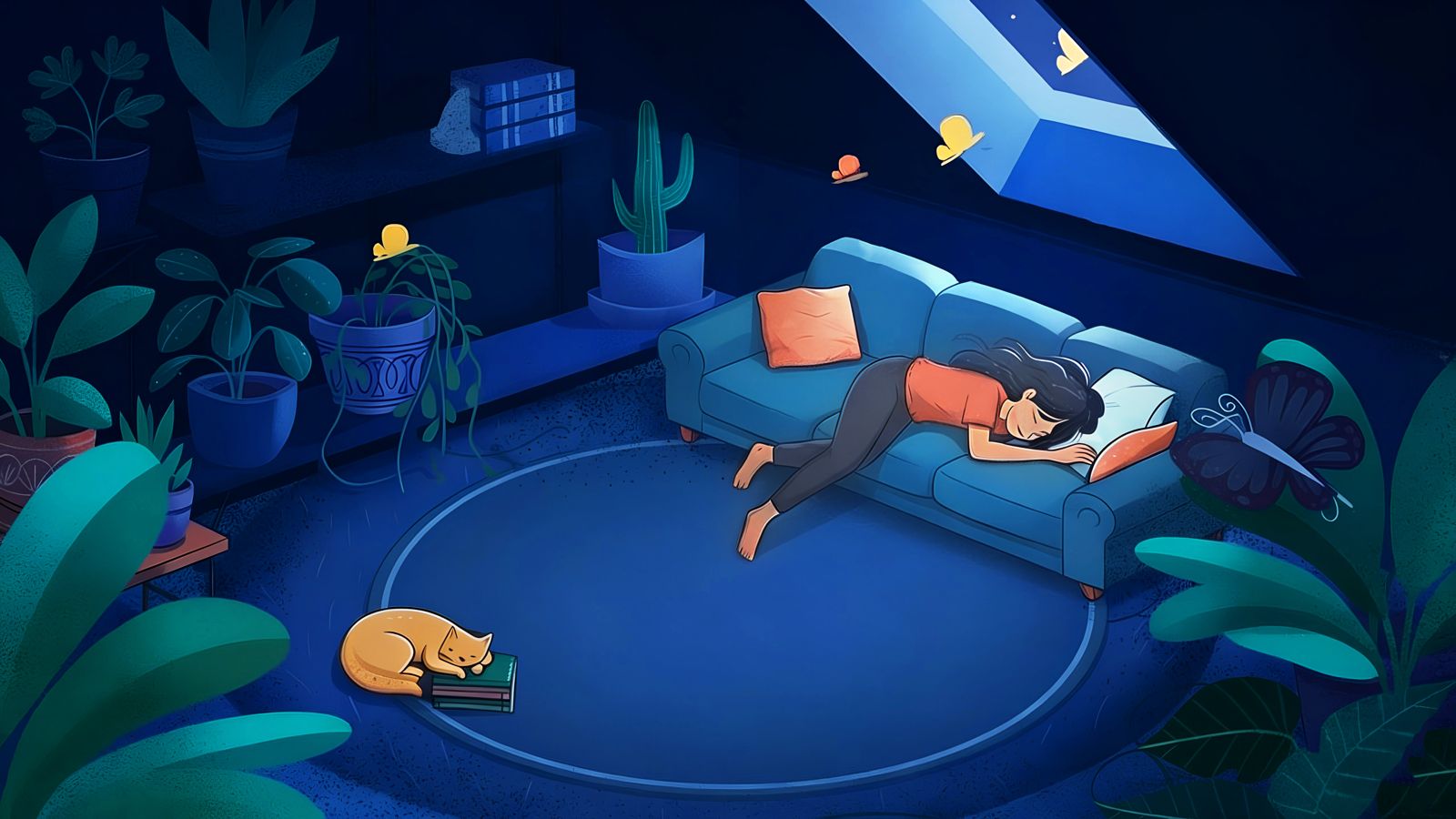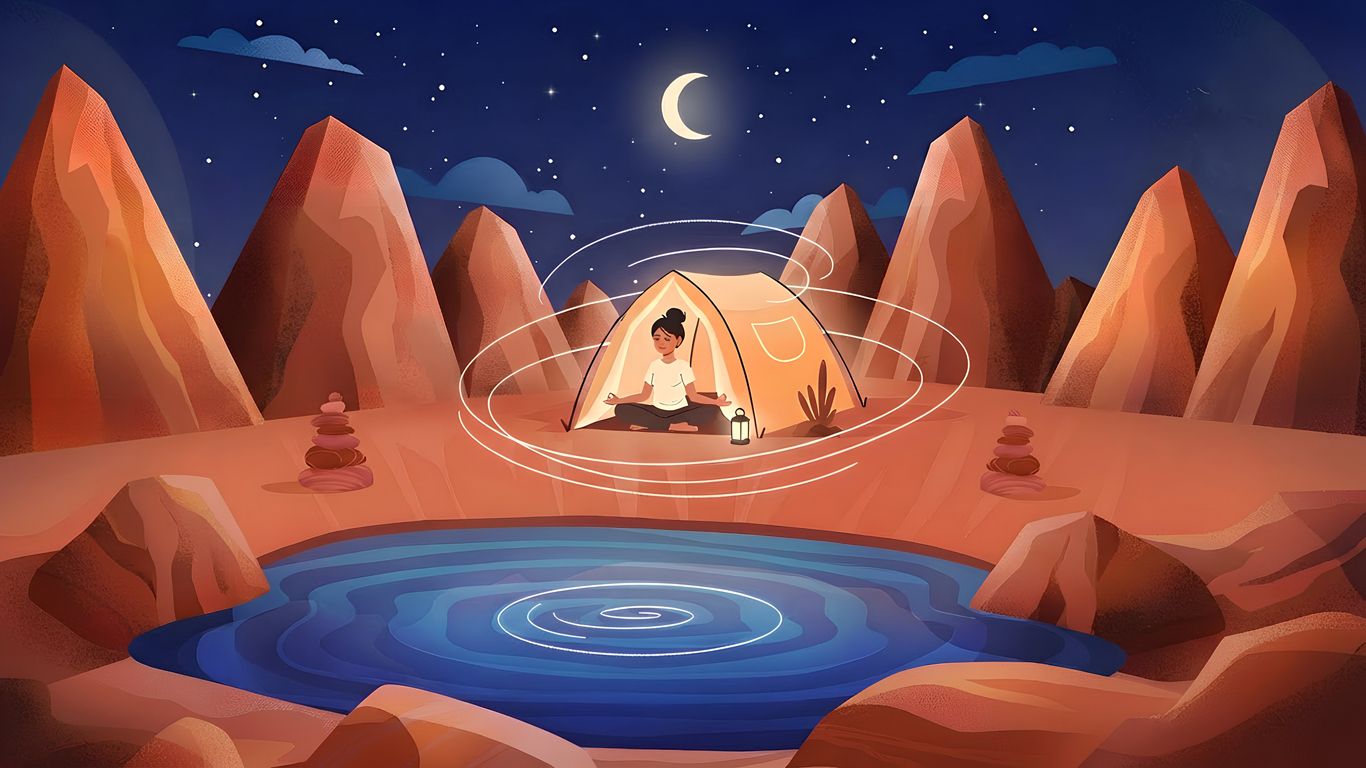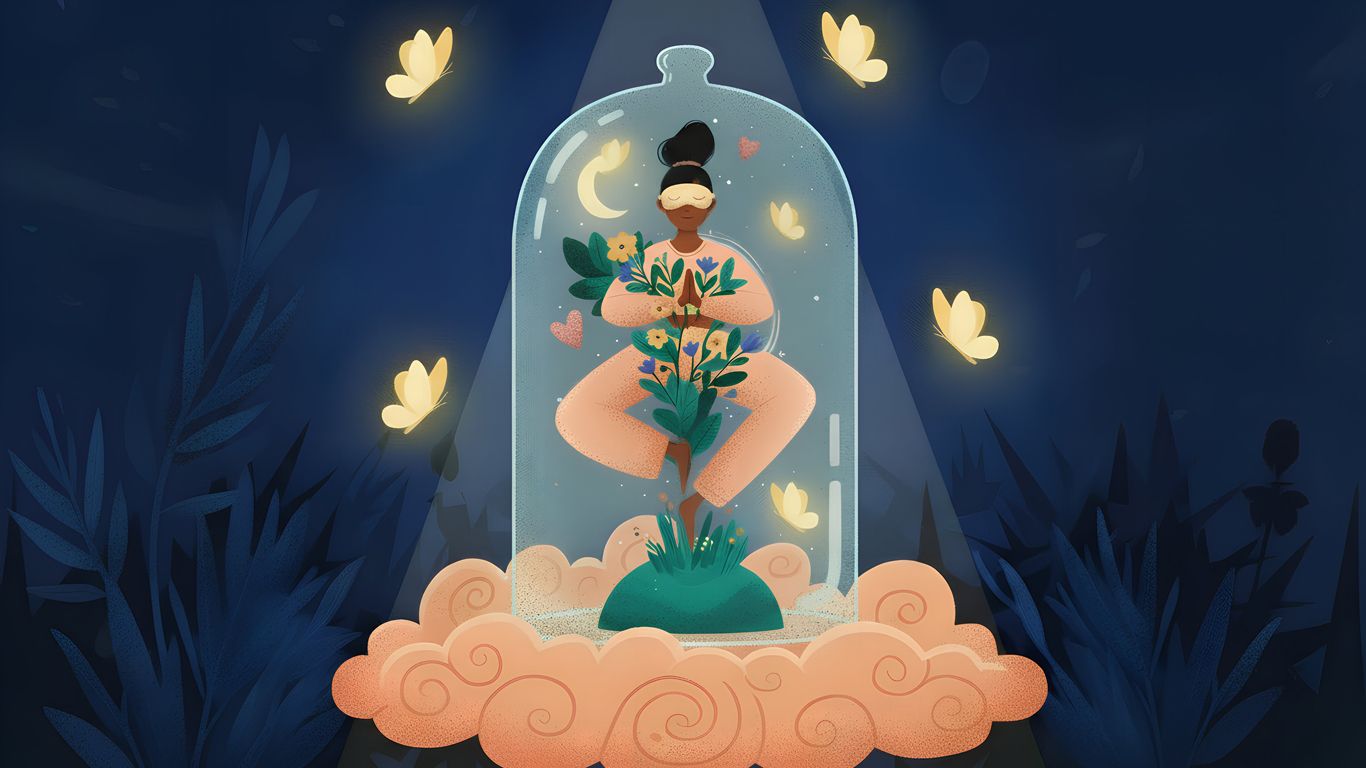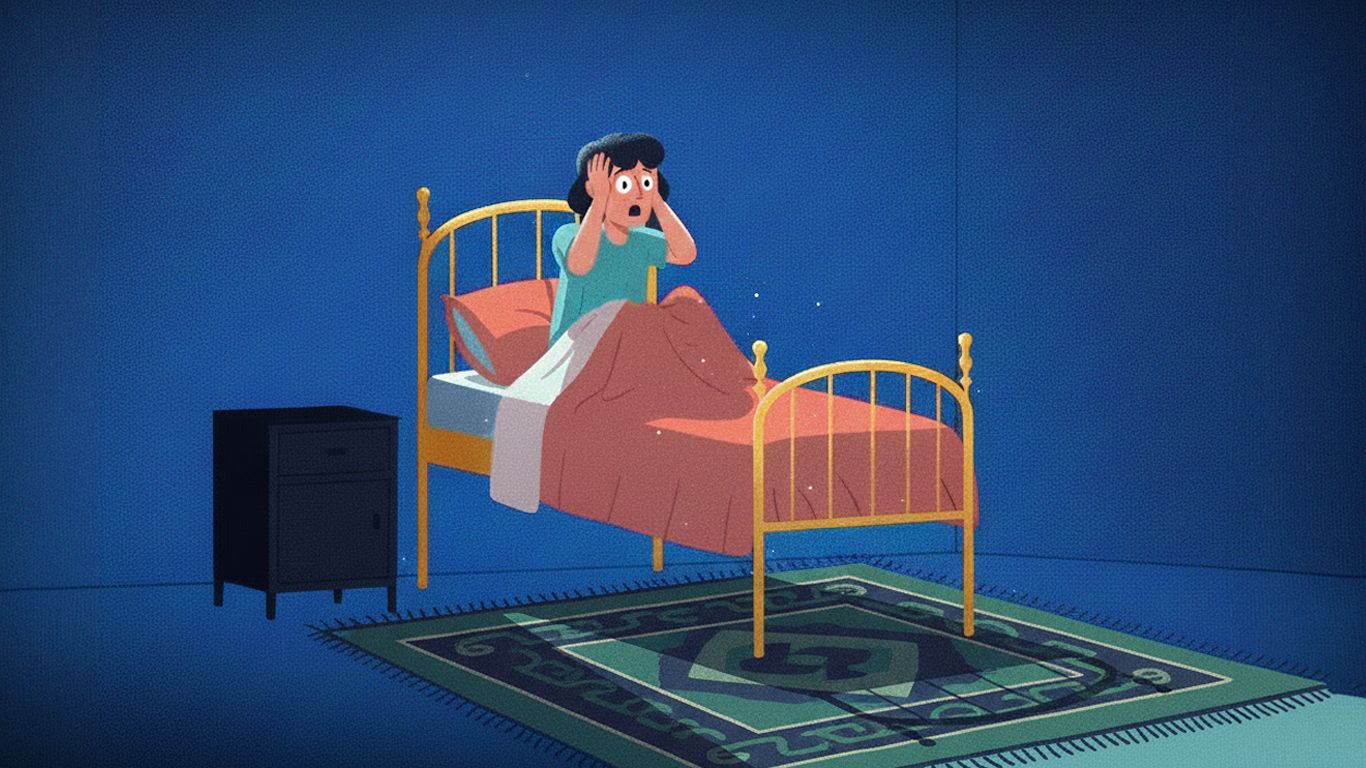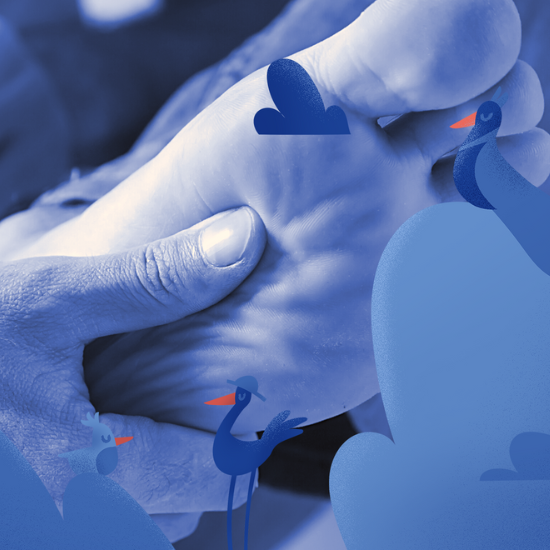
Foot Cramps at Night
Are you waking up in the middle of the night with pain in your feet? You may be experiencing foot cramps, a common and often frustrating occurrence. These cramps can range from mildly irritating to downright debilitating, making it difficult to find a comfortable position and get back to sleep.
So what causes these nighttime disturbances, and what can be done to prevent them? Keep reading to learn more.
Causes of Foot Cramps at Night
Most people have experienced leg or foot cramps at some point in their life. These sudden, painful muscle spasms occur when muscle fibers involuntarily contract, and they are most commonly felt in the feet and legs. Although the exact cause of foot cramps is unknown, they are believed to be related to fatigue, dehydration, or muscle overuse.
Foot cramps typically last for a few seconds to a few minutes and can recur multiple times. Although they are not usually serious, foot cramps can be excruciating. There are several potential causes of nocturnal leg cramps, some of which include:
Dehydration
Dehydration can lead to muscle cramps, including those in the feet. When the body is lacking enough fluids, it can cause muscles to contract and spasm, leading to pain and discomfort.
In addition to drinking enough water throughout the day, consuming electrolytes such as sodium and potassium can also help prevent dehydration and, therefore, foot cramps at night. Increasing physical activity can also lead to losing fluids and electrolytes, so replenishing these important substances is crucial for preventing nighttime foot cramping.
The Strain on the Foot Muscles
Overuse or strain of the foot muscles can lead to leg and foot cramps at night. When the muscles in the feet are overworked during the day, they may become tight and inflamed, causing painful cramps at night when the muscles are at rest.
Improper stretching before physical activity and wearing ill-fitting shoes can also contribute to muscle strain in the feet.
Mineral Deficiencies
Another potential cause of a leg cramp at night is a mineral deficiency, specifically calcium or magnesium. Both minerals play important roles in muscle function and contraction, and a deficiency can lead to an excessive muscle cramps.
Additionally, calcium is necessary for proper nerve function, and a lack of it can result in abnormal nerve impulses that trigger painful cramps.
To prevent or alleviate nighttime foot cramps caused by mineral deficiencies, it is important to consume a balanced diet that includes sources of calcium and magnesium, such as dairy products, leafy greens, nuts, and whole grains. Sometimes, a doctor may also recommend supplementing with extra calcium or magnesium.
Lack of Stretching Before Bed
Lack of stretching before bed can lead to foot cramps at night because it causes the muscles in the feet to become tight and restricted. When the muscles are not properly stretched and warmed up, they are more prone to cramping during rest periods.
Incorporating stretching into your nightly routine is important, especially if you have been physically active during the day. This will not only prevent foot cramps but also improve overall flexibility and reduce the risk of injury. Proper hydration and nourishment can also help prevent muscle cramping while sleeping.
Medical Conditions
There are many medical conditions that can cause foot cramps at night, including diabetes, peripheral neuropathy, and thyroid disorders. In diabetes, high blood sugar can lead to nerve damage in the feet and legs, causing cramping and spasms.
Peripheral neuropathy is a condition with damage to the nerves outside of the brain and spinal cord, leading to muscle cramping and pain.
Thyroid disorders can also cause muscle cramping and discomfort in the feet. It is important to talk to a healthcare professional if you are experiencing frequent or severe foot cramps at night, as it could indicate an underlying medical condition.
Upon diagnosis, treatment for the underlying condition may help in relieving foot cramps. However, stretching before bedtime and wearing supportive shoes may help prevent or lessen foot cramps during sleep.
Excessive Alcohol Use
Excessive alcohol use can lead to dehydration, electrolyte imbalances, and vitamin deficiencies, contributing to foot cramps at night. Additionally, alcohol can cause muscle tension and inflammation, leading to cramping in the feet and other areas of the body.
To prevent foot cramps related to alcohol use, it is important to stay hydrated by drinking plenty of water and limiting excessive alcohol intake. It may also be helpful to consume a balanced diet with adequate levels of electrolytes and essential vitamins.


Tips for Treating and Preventing Foot Cramps at Night
Doctors don't advise any particular remedies for nocturnal foot cramps. The best course of action is to address the underlying cause.
Keep exercising if you already do. Foot cramps may be avoided with regular activity throughout the day and at night.
If you're just starting, you can take quick walks in your neighborhood while wearing supportive shoes or try some other low-impact exercises.
According to research, a brief session on a treadmill or exercise bike before bedtime may help with foot cramps at night. Other ways to prevent nocturnal foot cramps are to:
Drink Plenty of Fluids During the Day to Stay Hydrated
One tip for preventing foot cramps at night is to stay hydrated by drinking plenty of fluids during the day. Dehydration can lead to muscle cramps, as the muscles are not properly hydrated and lack electrolytes. You can prevent dehydration and potential foot cramps at night by consistently drinking water and other fluids throughout the day.
It's crucial to remember that alcoholic and caffeinated drinks can make you dehydrated. Additionally, alcohol can disrupt sleep patterns and cause restless leg syndrome, leading to foot cramps. So it is best to stick to primarily water and possibly sports drinks for electrolyte replenishment.
Staying hydrated also has numerous other health benefits, making it a valuable preventative measure for foot cramps and overall physical well-being.
Stretch Your Calves and Feet Before Bedtime
This can be done by standing on a step and slowly lowering the heels below the step, holding for a few seconds, and then raising back onto the toes. Another option is to sit on the floor with one leg extended straight out in front of you, grabbing the toes and pulling them back towards your body until you feel a stretch in the calf muscle.
Repeating these stretches several times on each leg can help prevent cramping while sleeping. Additionally, it is important to keep your feet and calves adequately warmed up before exercise or physical activity to prevent muscle tightness and cramping.
Soak Your Feet in Warm Water Before Bed
Soaking your feet in warm water for a few minutes before bed can help relax any muscle tightness or tension and promote circulation. Additionally, massaging your feet before bed can also help prevent cramping. The water shouldn't be too hot, and your feet should be completely dry before bed.
Take a Pain Reliever if You Experience a Foot Cramp
One tip for preventing and treating foot cramps at night is to take a pain reliever, such as ibuprofen or acetaminophen. This can help to relieve the immediate discomfort of a foot cramp, as well as reduce any inflammation that may be contributing to the cramping.
Remember that taking a pain reliever should not be the only prevention method for foot cramps. Addressing underlying causes and practicing proper stretching and exercise techniques can help prevent them. However, taking a pain reliever can provide much-needed relief in the moment of a painful foot cramp.
Wear Comfortable Shoes and Socks
Wearing comfortable shoes and socks that fit well can go a long way in preventing foot cramps at night. Tight or ill-fitting shoes can cause pressure on the feet and lead to cramping.
Wearing socks that fit properly can also prevent friction and irritation of the skin. Also, choosing shoes with adequate support can help properly align the feet and prevent muscle strain.
It is vital to regularly assess the fit and comfort of both shoes and socks, as our feet can change over time, and invest in new ones when necessary. Taking care of our feet by wearing proper footwear helps prevent foot cramps and improves overall foot health.
Place a Cold Pack on Your Feet if They are Swollen or Inflamed
One tip for preventing foot cramps at night is to place a cold pack on your feet if they are swollen or inflamed. This can help reduce inflammation and alleviate pain, allowing for better blood flow and muscle relaxation.
You should use a cold pack rather than a hot pack, as heat can worsen inflammation. When using the cold pack, wrap it in a towel or cloth before applying it to the skin to prevent any potential injury or irritation. Additionally, limit the time the cold pack is applied and only use it as needed for relief.
Ensure Adequate Intake of Minerals
Getting enough minerals, especially calcium and magnesium, is essential for preventing foot cramps at night. These minerals can be obtained through diet by incorporating foods high in calcium and magnesium, such as dairy products, leafy green vegetables, nuts, and whole grains.
Alternatively, calcium and magnesium supplements can also be taken to ensure sufficient levels of these minerals in the body. An adequate calcium and magnesium intake helps maintain muscle function and prevent cramping.
Nighttime Foot Cramps During Pregnancy
Nighttime foot cramps during pregnancy are a common and uncomfortable occurrence. These cramps often occur in the calf or sole and can wake a pregnant woman from her sleep. They are caused by weight gain, fluid retention, and changes in posture and walking patterns.
Stretching before bed and wearing supportive footwear can help prevent these cramps, but when they occur, massaging the affected muscle and doing gentle stretches can provide relief. Prenatal vitamins should also be taken daily to avoid nutritional deficits. If the cramps keep you up at night, your doctor may recommend taking a magnesium supplement.
Although some of the aforementioned self-care techniques may be helpful for you, it is important to talk to your healthcare provider if the cramps become severe or persist, as they could be a sign of other issues such as nerve compression or blood vessel blockage.
Conclusion
Experiencing nighttime foot cramping can be extremely uncomfortable and disrupt your sleep. While there are some things you can do to help prevent them, if you experience frequent or severe foot cramps, it's important to consult with your healthcare provider.
We hope the tips in this article have been helpful, but you can download the BetterSleep app for more ways to get a good night's sleep.
